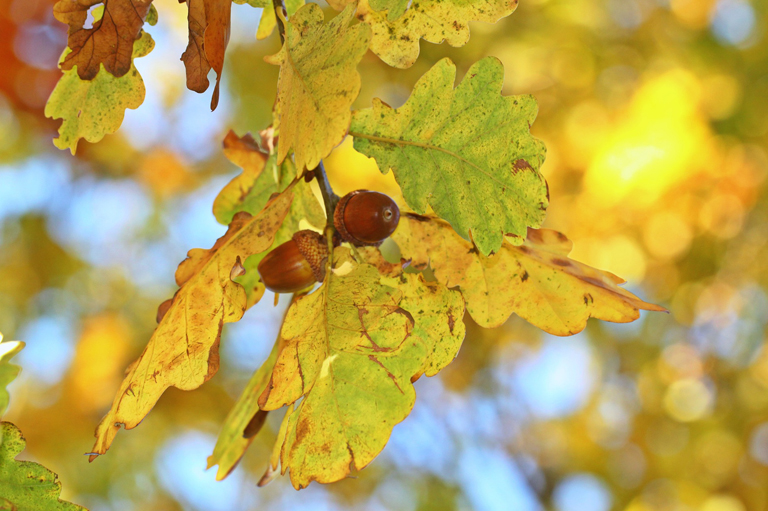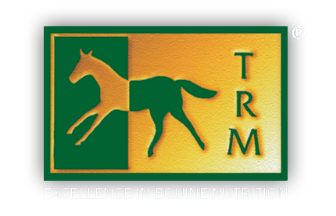Equine Health – Beware of Fallen Leaves
Although beautiful to look at, the turning of leaves in the autumn can pose a serious health risk to your horse.

- Never rake and leave fallen leaves in your horses’ paddock – if eaten, the dense leaves can compact in the horse’s stomach and cause compaction colic.
- Be aware of leaves and trees that are toxic to your horse. If branches fall into the field after stormy weather, make sure they are removed immediately.
- Symptoms of poisoning include lack of appetite, depression, constipation, diarrhoea (which may contain blood), blood in urine and colic.
- Two native Irish trees that can cause harm to your horse are the oak and the sycamore.
- Oak trees should be fenced off or all lower branches removed; The leaves and acorns are toxic to horses in large quantities, due to the tannic acid.
- Sycamore poisoning, or Atypical myopathy, is an often-fatal disease which is caused by horses eating Sycamore seeds, often known as ‘helicopters.’ The disease, frequently fatal, causes muscle damage in horses.
- Other well know poisonous trees and plants to horses include but are not limited to: Ragworth, Foxglove, Deadly nightshare, Buttercups, Yew, Privet, Rhododendron, Maple.
Facebook
Twitter
LinkedIn
